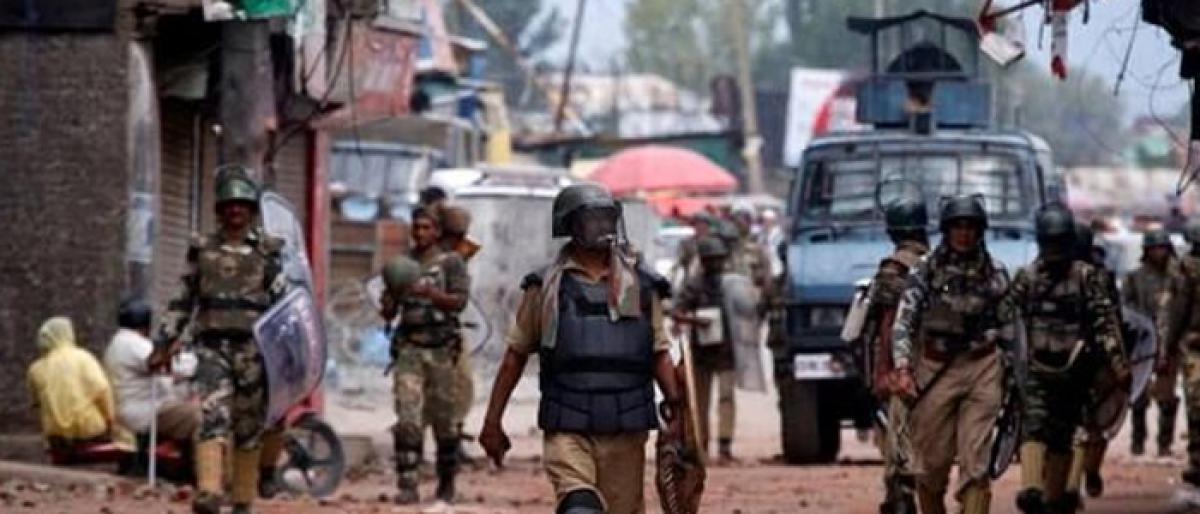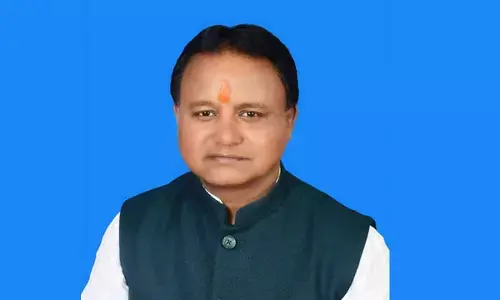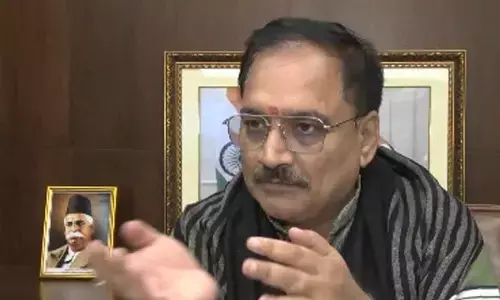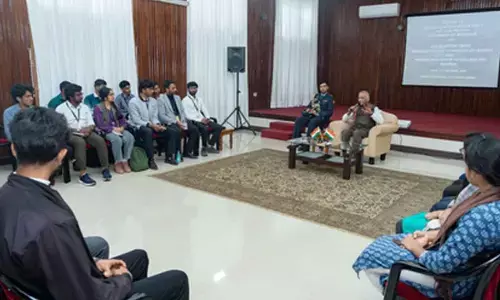Nothing but nonsense

xpectedly, the United Nations Human Rights chief has targeted India venomously abusing it of violating human rights in Kashmir and killing and maiming Kashmiris on a large scale. This was expected because of the background of Zeid Ra’ad Al Hussein who is heading it now as chairman. Zeid is known to wade into unknown waters.
Expectedly, the United Nations Human Rights chief has targeted India venomously abusing it of violating human rights in Kashmir and killing and maiming Kashmiris on a large scale. This was expected because of the background of Zeid Ra’ad Al Hussein who is heading it now as chairman. Zeid is known to wade into unknown waters.
He never experienced democracy nor ever watched its functioning closely. He does not also distinguish between the terrorist and a civilian, particularly in countries like India which often suffer in the hands of the neighbourhood sponsored terrorism. Secondly, the first report of Zeid is at best laughable due to other reasons too. But, we must congratulate him for his honesty in admitting that he has based his report on ‘hearsay’. And all of it he hearsay. That is the beauty.
This is obvious because the report itself states so in its introduction to the study. Without access to Kashmir on either side of the Line of Control, OHCHR (Office of the United Nations High Commissioner for Human Rights) has undertaken remote monitoring of the human rights situation, it admits.
This report is the result of such monitoring, based on the mandate of the High Commissioner for Human Rights, as provided by United Nations General Assembly resolution 48/141. The mandate of the High Commissioner includes the full range of activities aimed at the promotion and protection of human rights, including monitoring and reporting.
The report largely draws on information that is mostly available in the public domain, some of which was obtained by various parties in India through the Right to Information Act, 4 and also reflects the findings of research and monitoring carried out by local, national and international nongovernmental organizations (NGOs) and human rights defenders.
This is what is objectionable to India. The reports that the OHCHR finds as trustworthy are churned out by mostly NGOs operating in India and reports culled from newspapers of the neighbouring country too. Most of the reports that were lifted from the Pakistani media, made way into the final report and it is evident from the language it uses. Bodies like United Nations would not use such language and it spews venom.
Wherever possible, OHCHR has used official documents and statements, such as parliamentary questions, court orders, and police reports, the report suggested. But, we don’t find the mention of foreign intervention in Kashmir and the cross-border terrorism despite the reference to Pakistan sponsored terror. It has sourced some of the reports from the PTI—India’s largest news agency and managed by an autonomous trust—as a reliable source to quote Indian authorities and official statements.
But it had not spoken to any direct witness of human rights violation. Its basis for reasonable grounds was these conclusions drawn from a distance. As OHCHR was denied access to Kashmir, it was not possible to directly verify allegations, Zeid admitted. He is a known offender and several countries have criticised him for wading into their sovereign issues. This is just one more example.













